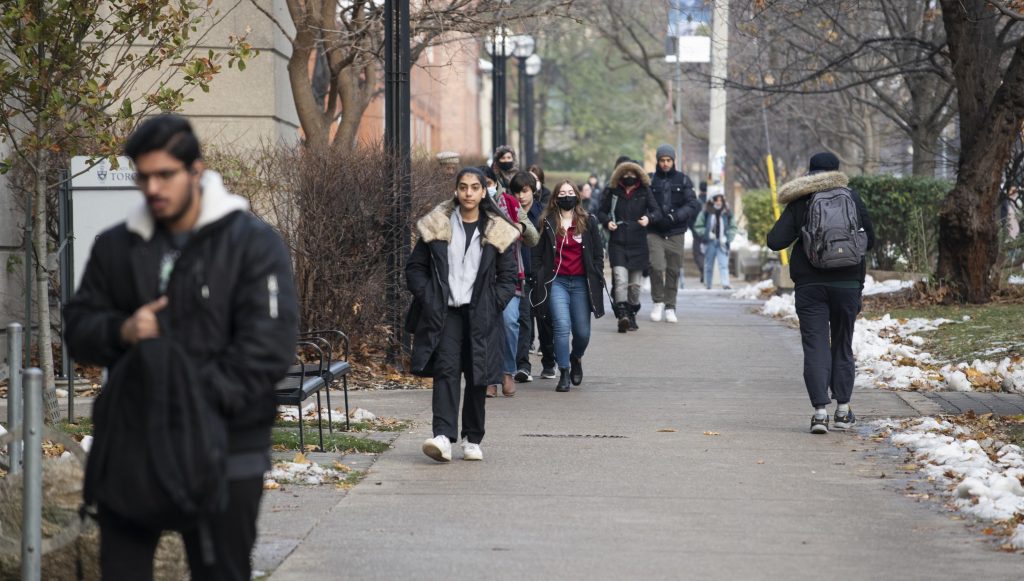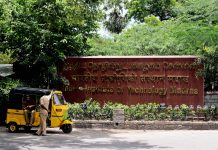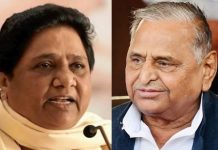
Prime Minister Justin Trudeau-led government’s decision to double the cost of living for study permit applicants may deter students from choosing Canada for higher education. Nearly 40 pc of the total number of foreigners who seek admission are Indians. A report by Gopal Misra
For Indians, especially for the promising youth of Punjab, Canada is a coveted destination; perhaps, a Shangri-La, where human life is precious, a place for pursuing knowledge, or to do business without any hassle and work with respect and dignity. However, the steep enhancement of the cost of living for the new aspirants seeking admission in Canada from January 1, 2024, has shattered their Canadian dream.
The present regime of Prime Minister Justin Trudeau is a coalition of Liberal Party with Jagmeet Singh’s Democratic Party having presence of Sikh separatists. This is the third term for Trudeau, but this time, his political survival depends upon the coalition partner. Earlier, he had tried to get a clear majority by going for a snap poll in 2021. He, however, failed to get a mandate, thus forcing him to take a series of populist measures, including patronizing the separatists, Sikh militants. He even violated all diplomatic norms by accusing India on the floor of Parliament of getting a Khalistani terrorist Hardeep Singh Nijjar killed in British Columbia’s Surrey without giving any substantial evidence.
Trudeau’s regime’s key policies reflect political expediency rather than the country’s long-term as well short-term interests. His government’s decision to double the cost of living for foreign students seeking admission in Canada could not be called an anti-India measure. It, however, could be an attempt to dissuade Indian students, who already have substantial presence at Canadian universities to pursue higher education there. It is also being stated that the new policy might add some cash relief to his country’s finances, but in the long-term, it might adversely affect the country’s international role or influence.
Indian scholars comprise nearly 40 percent of the total numbers of foreigners seeking admission. Of them nearly 60 per cent hail from Punjab contributing nearly Rs. 68,000 crores per year. The enhanced cost-of-living for study permit applicants, from 10,000 CAN dollars to CAN 20,635 dollars might be expected to augment resources of Canada, but if their numbers dwindle, its purpose will be defeated. It means, they would not be coughing up Rs.110, 000 crores as being estimated in 2024.
During the past half-a-century, there has never been any dispute between India and Canada. On the other hand, Indians fondly remember Canada’s help in setting up a research reactor in Trombay, Mumbai, known as Canada-India Utility Services (CIRUS) research reactor. The reactor has helped Indians to conduct research in this crucial field and earn international reputation. They feel saddened due to the failure of the Canadian authorities to take effective measures against the hooligans under the umbrella of Khalistanis for targeting Hindus and attacking their places of worship.
The Indian authorities are convinced that Trudeau’s encouragement to separatists’ waging campaign against India is a belated attempt to camouflage his failure to handle economic challenges. It is also believed that the hike, which, perhaps, is intended to help Canada’s economy, might prove counterproductive with a lesser number of Indian students going to Canada.
For a short period, Canadian policy may shatter the dream of many Indian students to study abroad, but India’s Ministry of Human Resource Development has already embarked upon an ambitious plan for collaborating with well-established universities abroad, especially in the USA and U.K. A number of private universities in India have already partnered with foreign institutions.
These close interactions with the best of academia worldwide are expected to enable Indian students to get a global perspective on their respective streams. The Indian government is also encouraging collaborations to enable Indian students to study in part at the foreign universities and acquire formal recognition in the form of a degree. It means that Indian students may not be required to travel abroad in quest of a degree. More than 10 private universities in India already have tie-ups with reputed foreign universities and institutes.













